
Since late 2009, the Berkeley Police Department (BPD) has been in talks of a “fair and impartial” policy. This October, the city plans to fully roll out a policy to reduce police bias. The policy includes employee training and procedures to limit racial bias.
The Berkeley City Council voted in June to adopt the policy as a way to reduce racial profiling. The program that police officers will undergo incorporates principles of psychology and the study of bias and includes presentations on bias and role-play scenarios that were made to target and reduce implicit bias.
Currently around 81 percent of sworn employees and 9 percent of unsworn employees have completed the training. By October 17th, the policy’s official roll out date, all BPD employees must complete the training.
BPD and the Police Review Commission drafted the policy along with the help of organizations like the NAACP, Peace and Justice Commission, the Coalition for Safe Berkeley, and the East Bay ACLU. Police officers will have to record demographics such as race, gender, and age for everyone they stop. This procedure will as a quality control measure to see how effective the psychology training is at preventing racial profiling. Data collection will also allow for BPD to identify patterns of bias in their work. Berkeley City Council will also monitor the new policy’s progress.
The “Fair and Impartial” policy, also known as General Order B-4, was spurred by numerous situations where police officers showed partiality towards African-Americans or Hispanics when stopping or confronting people. For example, there have been three incidents when African-American young adults were confronted for jaywalking. Two incidents were near Berkeley High School where an African American student was singled out, confronted, and handcuffed. He was later released. But in both cases, there were other non-African-American people with him, seemingly indicating that racial bias was part of the equation. Another situation involved three African-American UC Berkeley students who were confronted and two of them were handcuffed and arrested.
The reaction of the BPD seems rather harsh in these situations, considering that these were only jaywalking. Jaywalking is a minor infraction, and as such should not result in handcuffing or arrest. The California Vehicle Code states that jaywalking is illegal in almost all circumstances, but it is considered an infraction. Normally people who commit infractions are fined, not arrested. Essentially, the BPD was treating jaywalking as a misdemeanor rather than an infraction. The jaywalking arrests seem to be linked to race.
Other situations include African Americans being arrested for talking to too loudly in public places. The reaction of the BPD also emphasizes how implicit biases are resulting in these arrests. It is incredibly important that police officers be held to the highest professional standard because they enforce law and are licensed to carry lethal weapons.
It is important to note that this policy is not just about targeting racial discrimination, but all kinds of discrimination. The “Fair and Impartial” policy covers age discrimination, sexism, and even discrimination by disposition. By not just singling out race, General Order B-4 attempts to make the police department less partial towards everyone.
Last year, other cities like San Diego have also implemented measures to reduce racial profiling through data collection. San Diego has also authorized funding to purchase cameras to record to interactions between the officer and the public.
In 2009, Portland also implemented a plan involving police action to reduce racial profiling. Now, the policy faces some challenges with new policing technology. Many police departments use hot spot policing, where data is collected to see where crime occurs. Officers are then sent to these hot spots every fifteen minutes. This increases the likelihood of police officers using split judgment to a decision about who may be threatening or who may be a criminal. Many cities including Berkeley use some form of hot spot policing and this could get problematic with the fair and impartial policy (Source).
The “Fair and Impartial” policy may go hand in hand with another proposed BPD policy requiring police officers to carry tasers. This could work in two ways. The taser policy could result in more racial profiling and discrimination. However, if the “Fair and Impartial” policy achieves its goals, it could result in police officers using tasers when only absolutely necessary. Overall, General Order B-4 will also be treated as a psychology experiment to see whether the Berkeley Police Department officers can avoid their implicit biases and objectively handle cases they see on the field.
The importance of this policy cannot be understated, considering Berkeley’s history. Berkeley has a well-trained police force and has a history of progressivism; however, racial profiling by police to occur. This policy will test how persistent implicit racism is and whether a relatively simple law can change the deep-seated behavior of police officers. The effectiveness of the policy cannot be predicted, but BPD is on the right track to improving racial tensions just by raising awareness of the issue. Understanding one’s actions can go a long way in creating fairness. A proper policy that is implemented well may be a way to reducing racial biases and achieving greater equality.
Featured Image Source: change.org
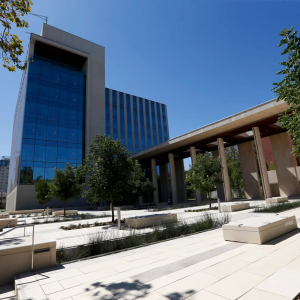
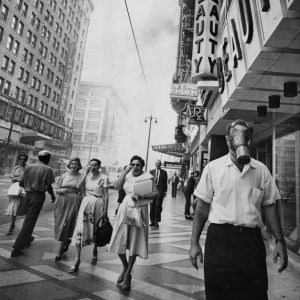
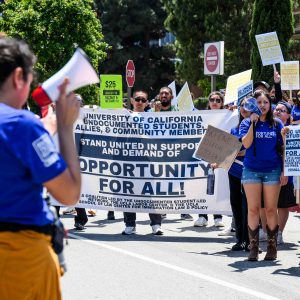
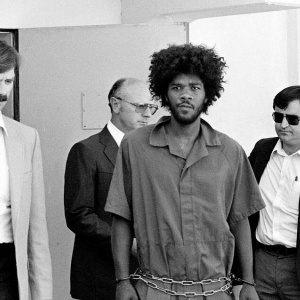
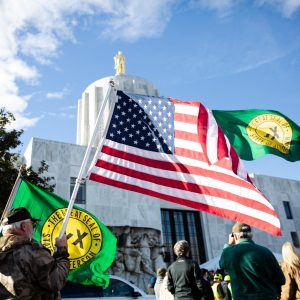
Be First to Comment